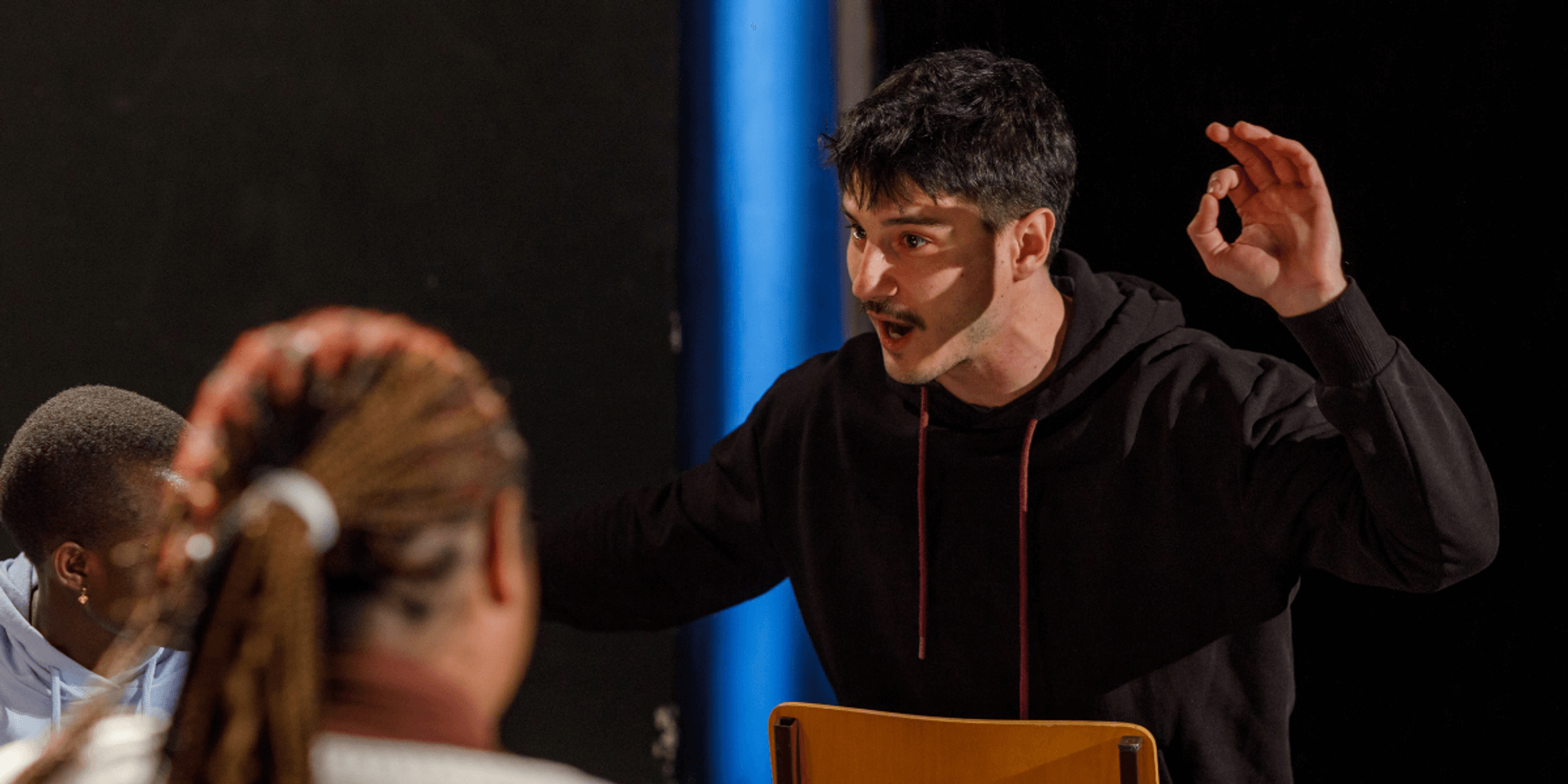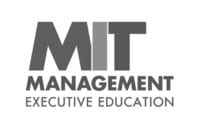Enhancing Decision-Making and Flexibility in Leadership
Improvisation, a skill honed by performers, can significantly enhance a leader’s decision-making and flexibility. As an entertainer turned executive presence coach, I’ve studied how the principles of improvisation can be applied to business leadership. This post will explore how improvisation techniques can help managers train their rising talent to become more agile and effective leaders.
The Benefits of Improvisation Skills in Leadership
Improvisation teaches leaders to be present, listen actively, and respond creatively. These skills are crucial for making quick, effective decisions and navigating complex, unpredictable business environments. By fostering a culture of improvisation, managers can help their teams become more resilient, innovative, and collaborative.
Exercises to Improve Adaptability and Quick Thinking
Here are some practical improvisation exercises that can enhance decision-making and flexibility:
Yes, And…
- In a group setting, one person starts with a statement, and the next person builds on it by saying “Yes, and…” This continues around the group.
- Purpose: This exercise encourages active listening and collaboration. It helps team members build on each other’s ideas and remain open to new possibilities.
Role-Playing Scenarios
- Create hypothetical business scenarios and have team members role-play different responses. For example, handling a difficult client or navigating a sudden market change.
- Purpose: Role-playing helps leaders practice thinking on their feet and developing creative solutions in a safe environment.
Rapid Fire Questions
- Have team members take turns asking each other rapid-fire questions that require quick, thoughtful responses. Questions can range from business-related to personal interests.
- Purpose: This exercise sharpens quick thinking and the ability to articulate ideas clearly under pressure.
Brainstorming Sessions
- Conduct regular brainstorming sessions where team members can freely share ideas without judgment. Encourage wild and unconventional thinking.
- Purpose: Brainstorming fosters a culture of innovation and helps teams become more comfortable with ambiguity and uncertainty.
Mirror Exercise
- Pair up team members and have them mirror each other’s actions. One person leads with spontaneous movements, and the other follows as closely as possible.
- Purpose: This exercise enhances non-verbal communication and the ability to quickly adapt to others’ actions.
The art of improvisation is a powerful tool for enhancing decision-making and flexibility in leadership. By incorporating improvisation exercises into their training, managers can help their rising talent become more agile, innovative, and effective leaders. Remember, the key to successful improvisation is to stay present, listen actively, and embrace uncertainty. As you continue to develop your leadership skills, leverage the principles of improvisation to navigate the complexities of the business world with confidence and creativity.
Creating engaging team meetings is an art that can significantly enhance your team’s performance and satisfaction. By applying principles from interactive performances, managers can transform their meetings into dynamic and productive sessions. Remember, the key to successful meetings is to keep them interactive, inclusive, and purposeful. As you implement these strategies, you’ll see a noticeable improvement in your team’s engagement and productivity, setting the stage for continued success.





























